Research
Program Research Areas
Agricultural Education
- Cultivating excellence in laboratory-based instruction for school-based agricultural education.
- Under-represented populations in agriculture and agricultural education.
- STEM integration through Food, Agriculture, and Nature Resources.
- Teacher education that uses integrated STEM curriculum and instruction.
Learn More About Agricultural Education
View Photos
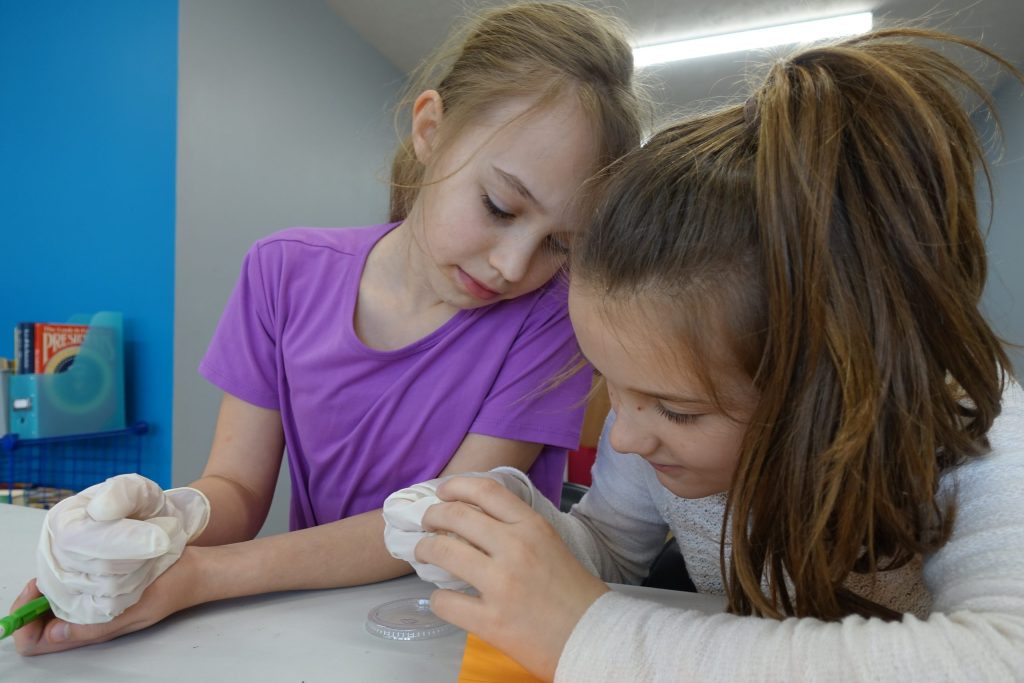
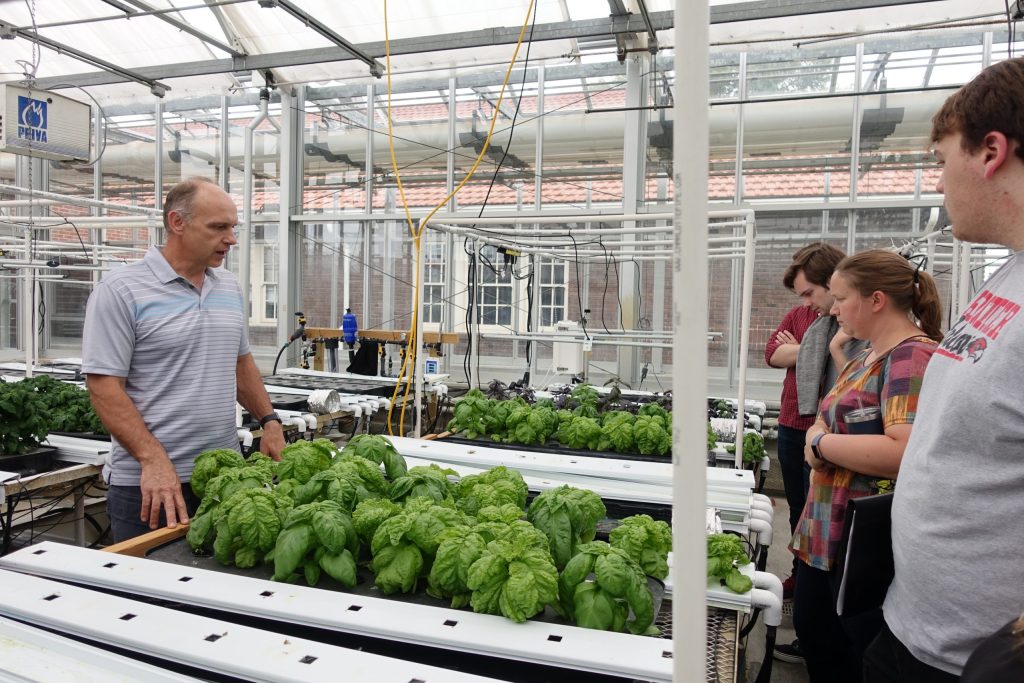
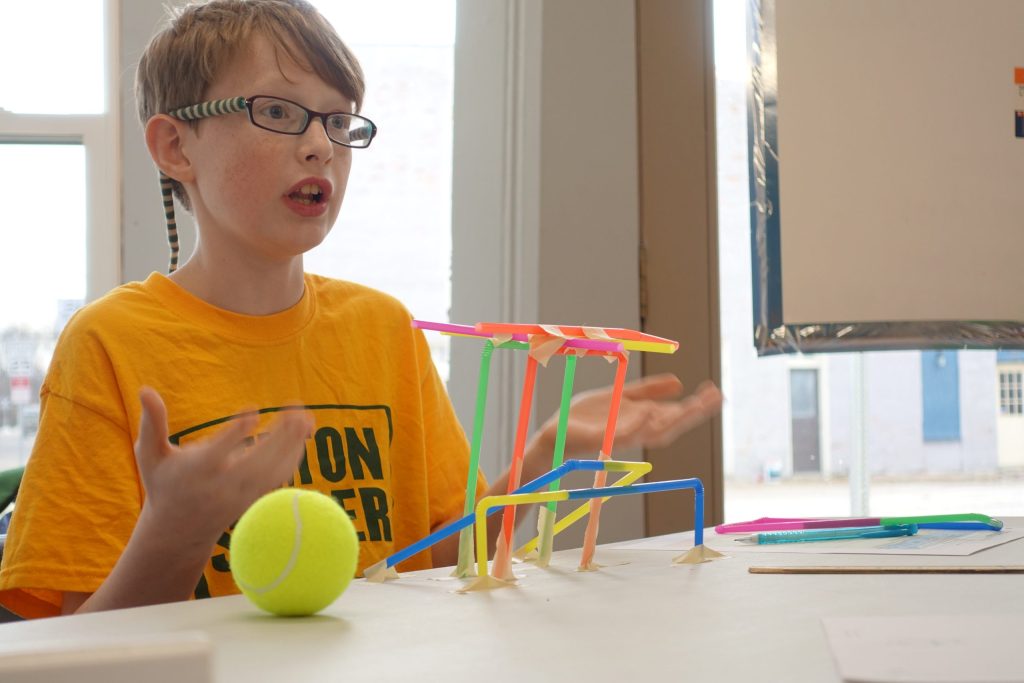
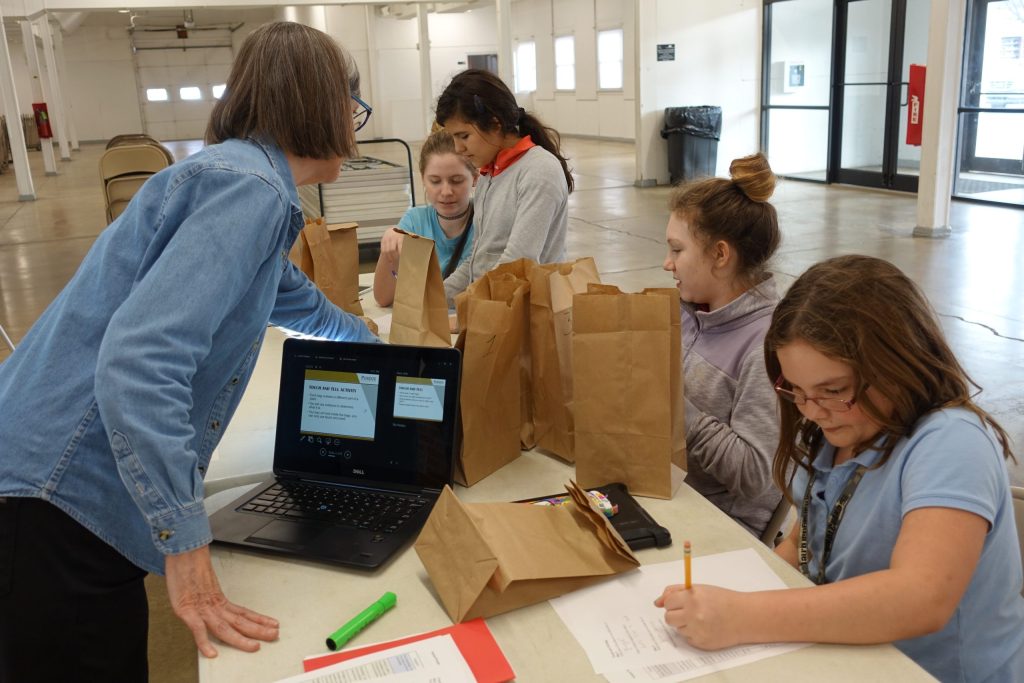
Art Education
- Assessment.
- Curriculum Development.
- Standards Development and Implementation.
- Leadership Development.
- Policy Studies.
- Professional Development for Art Educators.
Career and Technical Education
- Special Needs Populations in Career, Technical, and Workforce Education.
- Generalizable Skills Instruction.
- Leadership Development in Career and Technical Education.
Curriculum Studies
Curriculum Theory
- Theoretical tensions in Indigenous-centered curriculum.
- Asset-based pedagogies in teacher education.
- Non-human animals and curriculum.
- Informal sites of learning, including social media, popular culture, and political discourse.
- The role of classroom counterspaces for minoritized graduate students.
- Preservice teachers’ understanding of social justice within study abroad programs.
- Systems of support for Latinx immigrant students in rural schools.
- Marginalizing and allying behaviors in first year classrooms.
- Global social justice in education, an interdisciplinary research/learning collaboration with educators from China, Kenya, Nepal, Tanzania, USA and Zambia.
- Intercultural collaborative learning among university stakeholders.
- Community-based learning experiences for preservice teachers.
- Critical community engagement and social change.
- Settler colonial ideology in educational spaces.
- Theorizations of anti-blackness in education.
- Spirituality in education.
- Histories and futures of Black education.
- Critical public pedagogies and activisms.
- Social psychoanalysis.
Engineering/Technology Education Program
- Pk-12 STEM education with a focus on Technology and Engineering Education.
- Design Thinking Education.
- Design Cognition.
- Assessment of Student Learning.
- STEM Career perceptions.
- STEM teacher development.
- Workforce education and development.
English Education Program
- Approaching teaching, learning, and education policy from an intersectional perspective
- Considering issues of embodiment in teacher education
- Deconstructing traditional literacies
- Developing the writing competencies of diverse learners
- Engaging all stakeholders to increase secondary students’ literacy skills
- Integrating critical literacy skills into ELA curriculum
- Preparing educators to engage with young adult literature in ELA classrooms
- Supporting teachers’ critical engagement with the dis/misinformation landscape
Family and Consumer Sciences Education
- Articulating the need for secondary and post-secondary FCS teacher educators.
- Addressing inclusion, access, equity, and diversity in Family & Consumer Sciences.
- Advancing the FCS critical science perspective.
Learn More About Family and Consumer Sciences Education
View Photos
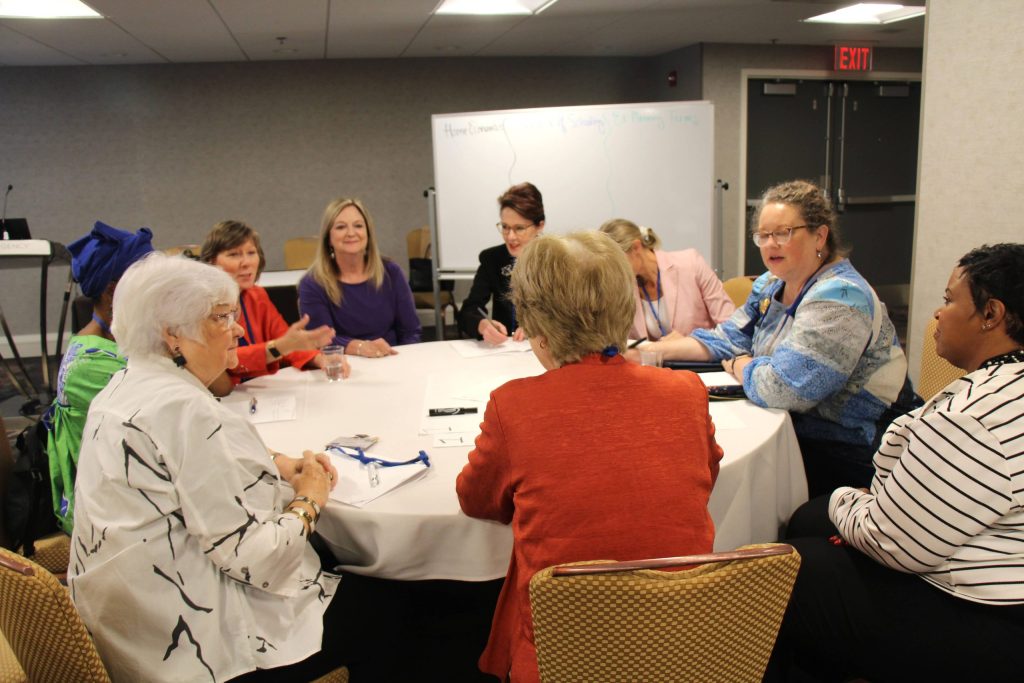
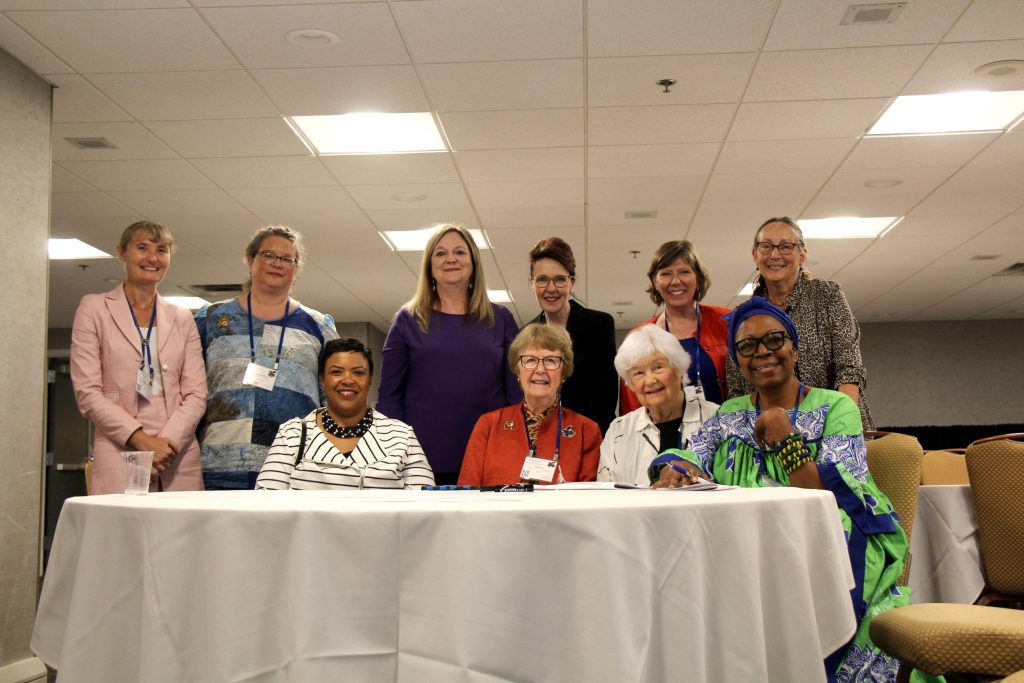
Learning Design and Technology
- Emerging technologies, specifically social media, to facilitate problem solving and problem-centered learning.
- Management and pedagogy within emerging learning spaces.
- Facilitating the transition of pre-service teachers into the education profession, including the preparation of teaching in blended and online settings.
- Motivational instructional design.
- Preparation of instructional designers.
- Technology for personalized learning.
- Attitudinal learning and mindset change for formal and informal educational settings.
- Critical systems thinking for educational change for personalized learning.
- Game-based learning.
- Competency-based education.
- Computing education.
- Multimedia design for learning.
- Learning Analytics – Social Networking Analysis.
- Micro credentials and badges.
- Social aspects of online learning, including social presence and the Community of Inquiry (CoI).
- Program design, development, evaluation, and leadership.
Literacy and Language Education
- Critical literacy pedagogy.
- Literacy teacher education.
- Multimodal & digital literacies.
- Diverse children’s and YA literature.
- Community-based literacy.
- Writing processes.
- Equity literacy.
- Qualitative literacy research methods.
- Spatial literacies.
- Policy studies.
Science Education
- Science teachers’ and teacher educators’ engagement in action research.
- Young women’s participation in science, technology, and engineering and the role teachers play in supporting young women’s participation.
- Issues of gender, culture, and identity in science and engineering education.
- Integrated STEM education, pre-college engineering education, scientific reasoning, model-based inquiry approaches.